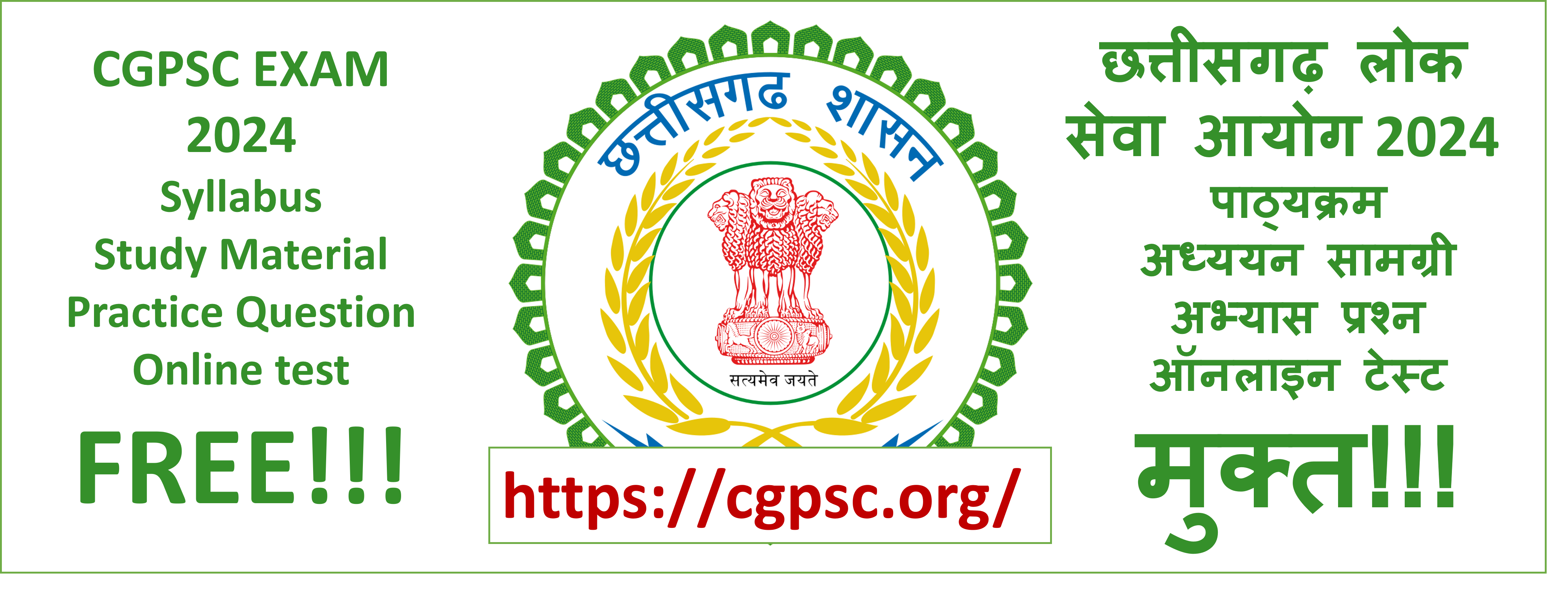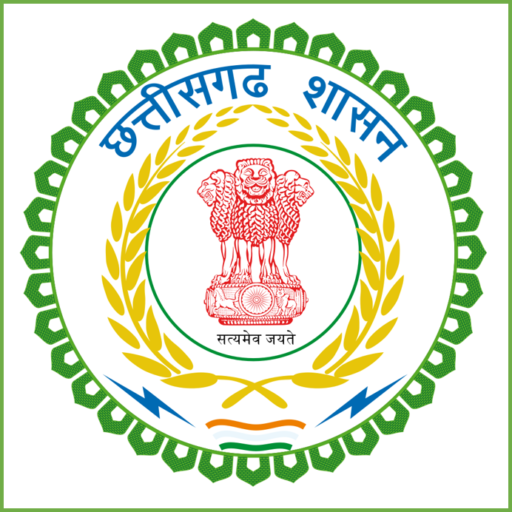Rights to Privacy and National Security
In the contemporary world, the delicate balance between an individual’s right to privacy and the state’s responsibility to ensure national security has emerged as a crucial issue. This essay delves into the intricate relationship between these two fundamental aspects, exploring their significance, challenges, and the need for a harmonious coexistence.
The Essence of Privacy and National Security
Privacy, as a concept, is deeply rooted in human dignity and autonomy. It encompasses the right to live one’s life without unwarranted intrusion. As Mahatma Gandhi once profoundly stated, “A man’s house is his castle.” This sentiment echoes the importance of privacy as a cornerstone in a democratic society. On the other hand, national security pertains to the government’s role in ensuring the safety and well-being of its citizens from external and internal threats. It involves a range of measures including intelligence gathering, law enforcement, and military capabilities.
The Challenge of Balancing Rights and Security
The complexity of balancing privacy and national security is akin to walking a tightrope. The advent of technology, especially in the digital age, has magnified this challenge. Governments, in their quest to protect citizens, often resort to surveillance and data collection measures. However, these actions can encroach upon individual privacy. The famous words of Benjamin Franklin ring true here: “Those who would give up essential Liberty, to purchase a little temporary Safety, deserve neither Liberty nor Safety.”
The Digital Dilemma: Privacy in the Age of Surveillance
In the digital era, the issue of privacy has gained unprecedented importance. With the proliferation of the internet, social media, and smart devices, personal information is constantly being collected and processed. Instances of government agencies accessing private communications and data under the guise of national security have sparked debates globally. The Supreme Court of India’s landmark judgment in the Justice K.S. Puttaswamy (Retd.) vs Union Of India case, affirming the right to privacy as a fundamental right, is a testament to the evolving understanding of privacy in the digital age.
The Imperative of National Security
While privacy is paramount, the significance of national security cannot be understated. In a world riddled with threats like terrorism, espionage, and cyber-attacks, a nation must be vigilant. The responsibility of the state to protect its citizens often necessitates measures that might infringe on individual liberties. As Jawaharlal Nehru once remarked, “The policy of being too cautious is the greatest risk of all.” This highlights the necessity for governments to sometimes take decisive action to safeguard its populace.
Finding the Middle Ground
The quest for equilibrium between privacy and national security requires a nuanced approach. Laws and policies need to be crafted, keeping in mind the rights of individuals while not compromising on security. Transparency and accountability in government actions, coupled with judicial oversight, can serve as effective checks and balances. As the Indian philosopher Swami Vivekananda wisely stated, “In a conflict between the heart and the brain, follow your heart.” The heart in this context symbolizes ethical considerations and respect for individual rights, while the brain represents strategic and security concerns.
The Role of Technology and Ethics
In mitigating the tensions between privacy and national security, technology plays a dual role. On one hand, it can be a tool for surveillance, but on the other, it can also be a means to protect privacy through encryption and other security measures. Ethical considerations in the deployment of technology are crucial. The development of privacy-enhancing technologies (PETs) and robust cyber-security measures can help in achieving a balance.
Conclusion: Striving for Harmony
In conclusion, the relationship between the right to privacy and national security is not a zero-sum game. It is possible to have both robust privacy rights and effective national security measures. The challenge lies in finding the right balance, where the privacy of individuals is respected without compromising the security of the nation. As society evolves and new threats emerge, this balance will need constant recalibration. In the words of Rabindranath Tagore, “You can’t cross the sea merely by standing and staring at the water.” Action, guided by wisdom and respect for fundamental rights, is essential in navigating these complex waters. The future of a democratic society depends on how well it manages this delicate balance, ensuring that both privacy and security are not just preserved but also flourish.
MCQ BASED ON ESSAY

Question 1: What is the central theme of the essay?
Option 1: Economic Development
Option 2: Environmental Issues
Option 3: Rights to Privacy and National Security
Option 4: Cultural Heritage
Correct Answer: Rights to Privacy and National Security
Question 2: Which Indian leader’s quote about liberty and safety is mentioned in the essay?
Option 1: Mahatma Gandhi
Option 2: Jawaharlal Nehru
Option 3: Indira Gandhi
Option 4: Benjamin Franklin
Correct Answer: Benjamin Franklin
Question 3: What does the essay suggest is essential to balance privacy and national security?
Option 1: Technological Advancement
Option 2: Economic Policies
Option 3: Nuanced Approach
Option 4: Military Strength
Correct Answer: Nuanced Approach
Question 4: Which Supreme Court case in India affirming privacy as a fundamental right is referenced?
Option 1: Indira Sawhney vs Union Of India
Option 2: Justice K.S. Puttaswamy (Retd.) vs Union Of India
Option 3: Shreya Singhal vs Union Of India
Option 4: Navtej Singh Johar vs Union of India
Correct Answer: Justice K.S. Puttaswamy (Retd.) vs Union Of India
Question 5: What role does technology play in the balance between privacy and national security?
Option 1: Only as a tool for surveillance
Option 2: Only as a means to protect privacy
Option 3: Both a tool for surveillance and a means to protect privacy
Option 4: No role at all
Correct Answer: Both a tool for surveillance and a means to protect privacy
Question 6: Which Indian philosopher’s quote about following your heart is mentioned in the essay?
Option 1: Swami Vivekananda
Option 2: Sri Aurobindo
Option 3: Ramakrishna Paramahamsa
Option 4: Rabindranath Tagore
Correct Answer: Swami Vivekananda
Question 7: According to the essay, what is an essential aspect of a democratic society?
Option 1: Military power
Option 2: Economic growth
Option 3: Privacy
Option 4: Industrial development
Correct Answer: Privacy
Question 8: Who is quoted in the essay to emphasize the necessity for governments to take action for security?
Option 1: Mahatma Gandhi
Option 2: Jawaharlal Nehru
Option 3: Subhas Chandra Bose
Option 4: Sardar Patel
Correct Answer: Jawaharlal Nehru
Question 9: What does the essay suggest about the relationship between privacy and national security?
Option 1: It is a zero-sum game
Option 2: One is more important than the other
Option 3: Both can coexist and flourish
Option 4: They are unrelated issues
Correct Answer: Both can coexist and flourish
Question 10: What is highlighted as crucial for maintaining a balance between privacy and national security?
Option 1: Strict laws
Option 2: Constant recalibration
Option 3: International cooperation
Option 4: Economic sanctions
Correct Answer: Constant recalibration
Question 11: What is a key challenge in balancing privacy and national security in the digital age?
Option 1: Cultural differences
Option 2: Technological advancements
Option 3: Economic disparities
Option 4: Geopolitical tensions
Correct Answer: Technological advancements
Question 12: How does the essay describe the role of laws and policies in this balance?
Option 1: Secondary importance
Option 2: Crucial
Option 3: Irrelevant
Option 4: Detrimental
Correct Answer: Crucial
Question 13: Which concept is emphasized as a cornerstone in a democratic society?
Option 1: Free trade
Option 2: Privacy
Option 3: National security
Option 4: Technological innovation
Correct Answer: Privacy
Question 14: What is suggested as an effective measure to ensure the balance between privacy and national security?
Option 1: Increasing military spending
Option 2: Judicial oversight
Option 3: Censorship of media
Option 4: Limiting internet access
Correct Answer: Judicial oversight
Question 15: What does the essay suggest about actions guided by wisdom and respect for fundamental rights?
Option 1: They are essential in navigating complex issues
Option 2: They are often impractical
Option 3: They are irrelevant in modern society
Option 4: They only apply in economic contexts
Correct Answer: They are essential in navigating complex issues
Question 16: What aspect of privacy is magnified in the digital age?
Option 1: Cultural expression
Option 2: Economic impact
Option 3: Challenge in balancing it with national security
Option 4: Role in education
Correct Answer: Challenge in balancing it with national security
Question 17: Which quote by an Indian leader is used to highlight the importance of decisive action for security?
Option 1: Indira Gandhi’s quote on democracy
Option 2: Jawaharlal Nehru’s quote on risk and caution
Option 3: Mahatma Gandhi’s quote on non-violence
Option 4: Sardar Patel’s quote on unity
Correct Answer: Jawaharlal Nehru’s quote on risk and caution
Question 18: What is suggested about the deployment of technology in balancing privacy and national security?
Option 1: It should be limited
Option 2: It should be ethically considered
Option 3: It is not important
Option 4: It should focus on surveillance only
Correct Answer: It should be ethically considered
Question 19: According to the essay, what is the role of transparency and accountability in government actions?
Option 1: They are unnecessary
Option 2: They can serve as effective checks and balances
Option 3: They hinder effective governance
Option 4: They only apply in economic policies
Correct Answer: They can serve as effective checks and balances
Question 20: What does the essay suggest is the future of a democratic society dependent on?
Option 1: Military alliances
Option 2: Economic prosperity
Option 3: Managing the balance between privacy and security
Option 4: Technological dominance
Correct Answer: Managing the balance between privacy and security
CGPSC 2024 Practice Question, छत्तीसगढ़ राज्य सेवा परीक्षा: अभ्यास प्रश्नों के PDF

Leave a Reply